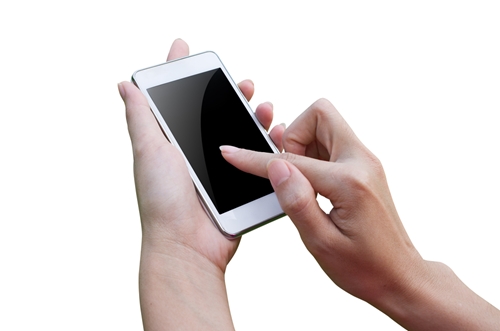Mobile health technology on the rise in the U.S.
When the Patient Protection and Affordable Care Act was passed in 2010, it paved the way for a technological revolution that is currently transforming the U.S. healthcare system. Health information technology devices are quickly replacing the old paper filing systems and charts that doctors relied on for so many years. Furthermore, the Centers for Medicare and Medicaid Services has established meaningful use incentive programs to spur on adoption rates of electronic health records without placing excessive burdens on medical practitioners.
While EHRs have seen plenty of government action to help them achieve mainstream status, another area of health IT has had to evolve largely on its own. Mobile health devices and applications are becoming increasingly popular within the healthcare industry, despite the lack of federal oversight and regulations surrounding their use. In addition, many companies are recognizing that mHealth technology is likely the future of medicine, as smartphones, tablets and laptop computers are essentially ubiquitous in modern society.
Rising confidence in mHealth
According to a PricewaterhouseCoopers and the Economist Intelligence Unit, 59 percent of surveyed doctors reported that while it will likely take time for full effectiveness, mHealth technology will transform healthcare for the better. Similarly, 50 percent of patients involved in the study saw mHealth in a positive light for the future of healthcare. In emerging markets, 68 percent of doctors support mHealth technology, with 59 percent of patients already employing mobile devices for their personal care.
These figures are positive, but the PwC and EIU study also suggests that there is work to be done before mHealth systems are widely adopted and trusted by the medical community, insurance providers and patients. For instance, only 53 percent of doctors are using mHealth products that are compatible with their office computer systems. Another 64 percent of doctors and insurance customers believe that despite the hype around mHealth, there remain only a limited number of successful models for implementation. On top of that, 42 percent of doctors worry that there would be consequences to excessive patient independence made possible by mHealth technology.
Investments in mHealth increasing steadily
While there are certainly kinks vendors and healthcare officials need to work out in terms of mHealth success, the industry is putting plenty of stock in the future of this technology. According to Healthcare IT News, a study conducted by Rock Health found that overall investments in mHealth have increased by 12 percent in 2013 as compared to 2012.
This data also shows that new initiatives in mHealth have increased by 25 percent this year, totaling $850 million in spending from companies in the U.S. While growth has slowed somewhat in the middle of 2013, mHealth is expected to continue being an expanding sector well into the future.
"While not growing as fast as software (which is up 38 percent in Q1 2013 versus the prior year quarter), digital health has been outpacing traditional healthcare, where investments have dropped precipitously. Medical device funding is down 29 percent, and biotech is down 2 percent in the first quarter," said RockHealth cofounder and CEO Halle Tecco.
Beyond this, a recent market research report conducted by MarketsandMarkets examined the future of mHealth in the U.S. healthcare system. As mobile technology continues to be integrated into medical practices, the mHealth market is likely to grow to $23.49 billion by 2018 – a compound annual growth rate of approximately 30.5 percent over the next five years. The total mHealth market is currently hovering around $6.21 billion.



